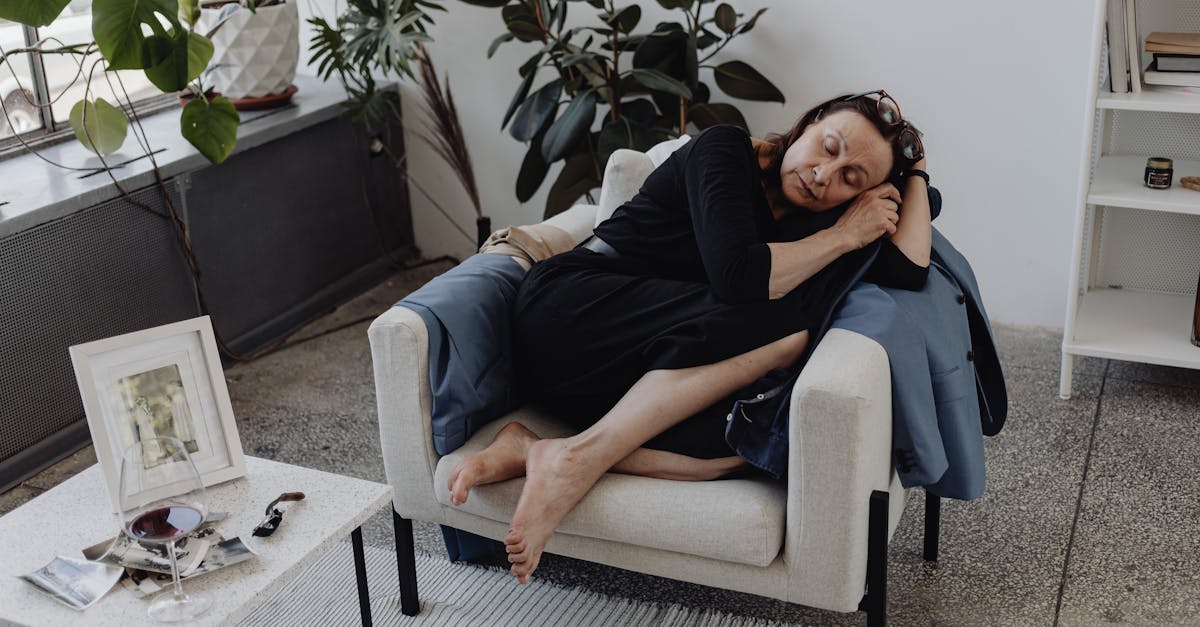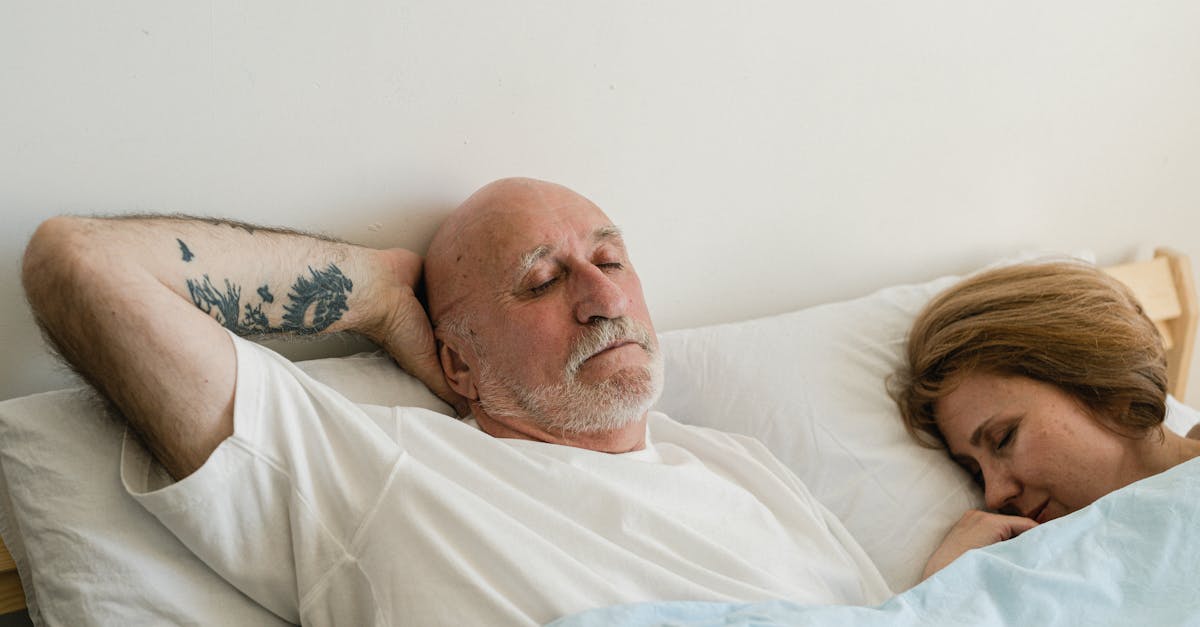
August 3, 2025
12 Reads

Are you over 60 and finding it harder to get a good night's sleep? You're not alone. As we age, our sleep patterns naturally change, and many seniors experience difficulties falling asleep, staying asleep, or waking up too early. But don't resign yourself to restless nights. This comprehensive guide provides expert tips and science-backed strategies to help you sleep soundly and wake up feeling refreshed. We'll explore the new sleep science for seniors, address common sleep problems, and offer practical solutions to improve your sleep quality.
Sleep is crucial for everyone, but it's especially vital for seniors. During sleep, our bodies and minds repair and rejuvenate. Adequate sleep supports:
As we age, our sleep patterns undergo several changes. These changes can contribute to sleep problems if not understood and managed properly. Key changes include:
Several factors can contribute to sleep problems in seniors. Identifying the underlying cause is the first step toward finding effective solutions.
Insomnia, characterized by difficulty falling asleep or staying asleep, is the most common sleep disorder among older adults.
Causes:
Solutions:
Sleep apnea is a condition in which breathing repeatedly stops and starts during sleep, leading to fragmented sleep and reduced oxygen levels.
Causes:
Solutions:
Restless Legs Syndrome (RLS) is a neurological disorder characterized by an irresistible urge to move the legs, often accompanied by uncomfortable sensations.
Causes:
Solutions:
Circadian rhythm disorders occur when the body's natural sleep-wake cycle is disrupted.
Causes:
Solutions:
Your sleep environment plays a crucial role in the quality of your sleep. Creating a comfortable and relaxing sleep sanctuary can significantly improve your sleep.
Darkness signals the brain to release melatonin, a hormone that promotes sleep. Use blackout curtains or blinds to block out light from streetlights or the rising sun.
Minimize noise distractions by using earplugs, a white noise machine, or a fan. If snoring is a problem, consider separate bedrooms.
The ideal sleep temperature is between 60 and 67 degrees Fahrenheit. A cool room helps lower your body temperature, which is essential for sleep.
Invest in a comfortable mattress, pillows, and bedding that support your body and promote relaxation. Consider an adjustable bed to achieve the ideal sleep position and relieve pain.
A cluttered bedroom can be visually stimulating and disrupt sleep. Keep your bedroom tidy and organized.
A consistent bedtime routine helps signal your body and mind that it's time to sleep.
Go to bed and wake up at the same time each day, even on weekends, to regulate your body's natural sleep-wake cycle.
Caffeine and alcohol can interfere with sleep. Avoid them for at least four hours before bedtime.
The blue light emitted from electronic devices can suppress melatonin production. Turn off TVs, computers, and smartphones at least one hour before bed. If you like to read, use an e-reader that requires an additional light source.
Engage in relaxing activities such as reading, taking a warm bath, listening to calming music, or practicing meditation.
Have a light snack, such as low-sugar cereal, yogurt, or warm milk, to satisfy hunger and promote sleep.
Your daytime habits can significantly impact your sleep quality.
Regular physical activity can improve sleep, but avoid strenuous exercise close to bedtime.
Exposure to sunlight during the day helps regulate your circadian rhythm.
While a short nap can be refreshing, long or frequent naps can disrupt nighttime sleep. Limit naps to 30 minutes and avoid napping late in the day.
Chronic stress can interfere with sleep. Practice stress-management techniques such as yoga, tai chi, or spending time in nature.
A balanced diet rich in fruits, vegetables, and whole grains can promote better sleep. Avoid sugary foods and processed foods.

What you eat can significantly affect your sleep. Certain foods and nutrients can promote sleep, while others can disrupt it.
If lifestyle changes and improved sleep hygiene aren't enough, several natural sleep aids and supplements may help.
Melatonin is a hormone that regulates the sleep-wake cycle. Melatonin supplements can help improve sleep in older adults with insomnia.
Valerian root is an herb that has been used for centuries to promote relaxation and sleep.
Chamomile is an herb with calming properties that can help promote sleep. It's often consumed as a tea.
Magnesium is a mineral that plays a role in muscle relaxation and sleep.
L-Theanine is an amino acid found in green tea that can promote relaxation and reduce anxiety.
Important Note: Always talk to your doctor before taking any new supplements, especially if you have any underlying medical conditions or are taking medications.
If you've tried various strategies to improve your sleep and are still struggling, it's time to seek professional help. A sleep specialist can diagnose any underlying sleep disorders and recommend appropriate treatment options.
Consider consulting a sleep specialist if you experience:
The field of sleep science is constantly evolving, with new research emerging all the time. Future advancements may include:

Sleep is essential for healthy aging. By understanding the changing landscape of sleep after 60, addressing common sleep problems, optimizing your sleep environment, and adopting healthy sleep habits, you can reclaim your sleep and your health. Don't let restless nights diminish your quality of life. Take proactive steps to prioritize sleep and enjoy the many benefits of a well-rested body and mind.
Disclaimer: This blog post is intended for informational purposes only and does not constitute medical advice. Consult with a qualified healthcare professional for any health concerns or before making any decisions related to your health or treatment.